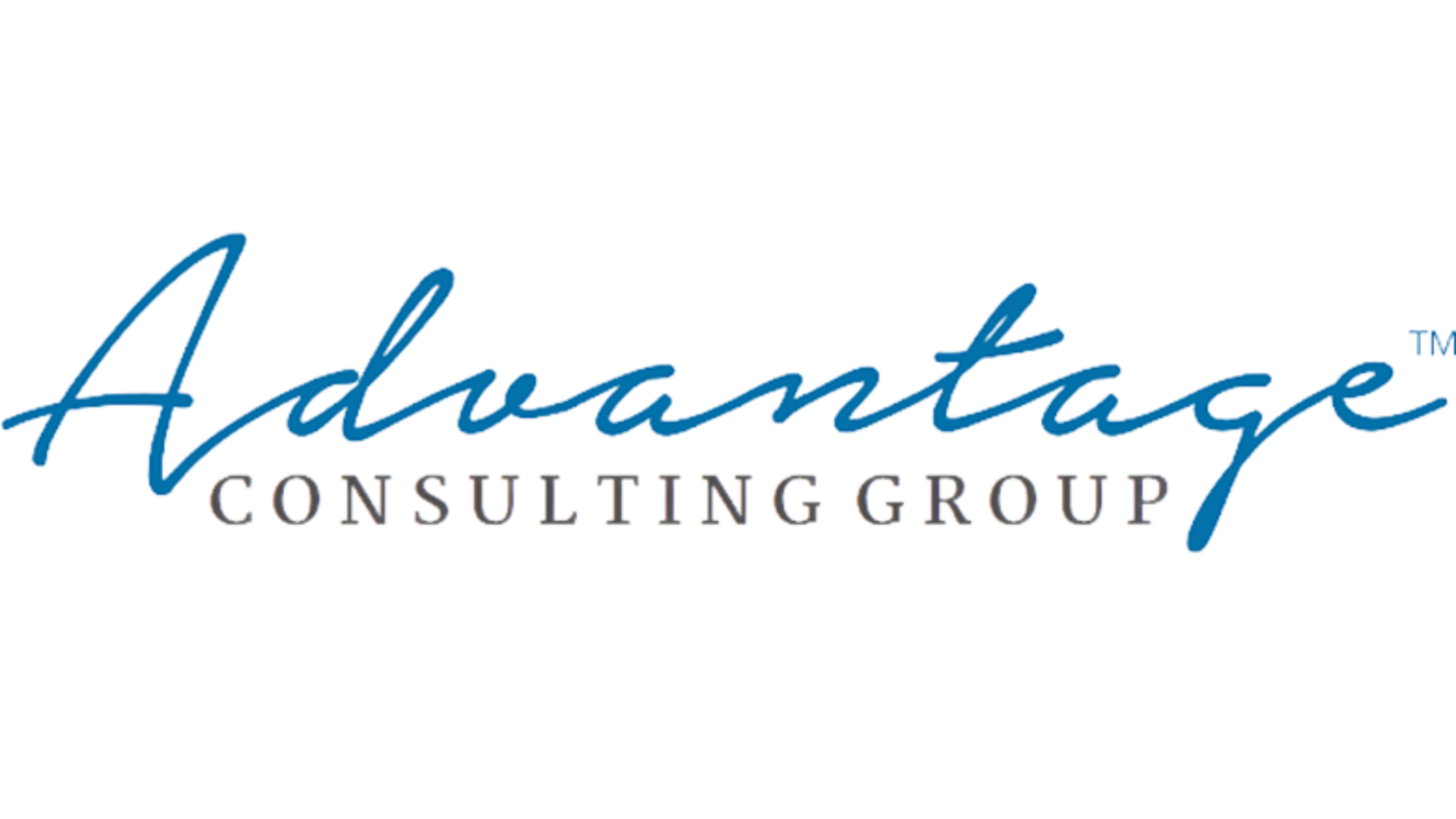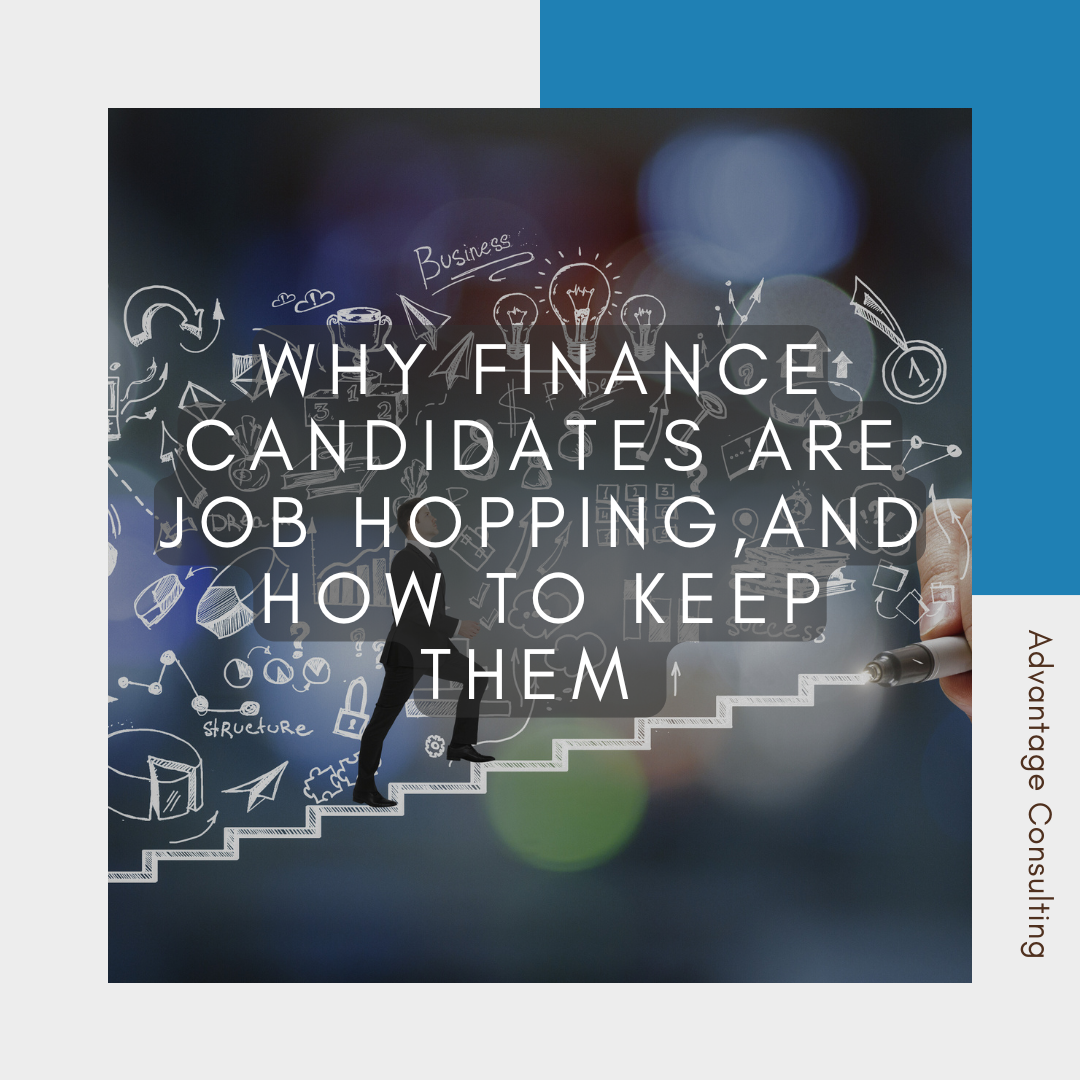Salary will always be an important element in any job offer, but in today’s market, it’s rarely the only deciding factor for top candidates. As work becomes more dynamic, flexible, and purpose-driven, professionals are evaluating job opportunities through a much broader lens. They’re asking themselves how a role will affect their day-to-day life, their professional trajectory, and their sense of fulfillment, not just their bank account. This shift in priorities has been driven by multiple forces: the rise of remote work, a stronger focus on well-being, greater access to professional development resources, and a heightened awareness of company culture thanks to online transparency. For employers, understanding these motivations isn’t simply a “nice-to-have” recruitment tactic; it’s essential for attracting and keeping high-caliber talent. When salary is off the table, candidates are weighing factors like flexibility, learning opportunities, leadership quality, and workplace values to decide whether to say “yes.” Companies that can meet these needs position themselves as destinations for top talent, while those that ignore them risk losing skilled candidates to more forward-thinking competitors.
Flexibility in How and Where They Work
The concept of flexibility has evolved far beyond the occasional work-from-home day. For many professionals, it now means having genuine control over when, where, and how they work. This shift has been accelerated by advancements in digital collaboration tools, allowing teams to maintain productivity from almost anywhere in the world. Candidates see flexible arrangements as a signal that an employer values results over clock-punching, which aligns with a growing desire for autonomy and trust in the workplace. This is especially important for individuals balancing personal commitments such as caregiving, higher education, or creative pursuits alongside their careers.
Employers who continue to insist on rigid, location-bound schedules risk alienating a large portion of the candidate pool. Top performers have options, and when a competing offer promises the freedom to work remotely a few days a week or adjust hours for personal priorities, it often becomes the more attractive choice, even if the salary is slightly lower. Successful companies are rethinking traditional work structures, experimenting with four-day workweeks, asynchronous communication, and results-focused performance metrics. This flexibility doesn’t just appeal to candidates during the recruitment process; it actively supports retention by making work more sustainable and personally rewarding.
Professional Development and Career Growth
For high-achieving candidates, a job is not just a paycheck, it’s a stepping stone in a larger career journey. They want to know that their employer will invest in their growth through structured learning opportunities, access to mentorship, and clear advancement pathways. This might mean sponsoring industry certifications, offering tuition reimbursement, or providing access to specialized training programs. These offerings demonstrate that the organization values long-term relationships with employees and sees them as assets worth developing.
But it’s not enough to simply say “we offer growth opportunities.” Candidates are looking for tangible examples during the hiring process. They want to hear success stories about employees who started in one role and progressed to leadership positions. They want to see that the company not only makes room for upward mobility but actively encourages it. Employers who can showcase a track record of promoting from within and providing resources for skill development stand out in a competitive hiring market. When candidates see a clear link between accepting a role and achieving their professional goals, salary becomes less of a deciding factor.
Workplace Culture and Values Alignment
Today’s job seekers are more willing than ever to walk away from offers if they sense a mismatch in culture or values. A company’s mission, leadership style, and treatment of employees can heavily influence whether a candidate accepts a position. This is especially true as workplace transparency grows; Glassdoor reviews, social media posts, and personal networks can all paint a picture of a company before the first interview even takes place. For many candidates, feeling that they belong in a workplace where their values are respected is worth more than a few extra dollars on a paycheck.
Employers that excel in this area don’t just talk about culture, they show it through their actions. This could mean showcasing diversity and inclusion initiatives, emphasizing collaborative work practices, or highlighting employee recognition programs. Even the interview process itself sends a cultural signal: respectful scheduling, open communication, and genuine interest in the candidate’s perspective all speak volumes. When a candidate feels that a company’s culture aligns with their own personal and professional values, the offer becomes significantly more appealing, often outweighing higher-paying options that lack this sense of alignment.
Strong Leadership and Clear Direction
Leadership quality is often an underrated factor in job decisions, but it plays a pivotal role in both attracting and retaining talent. Candidates want to work under leaders who inspire confidence, communicate openly, and set a clear vision for the future. Strong leadership doesn’t just manage workflows; it provides purpose and direction, helping employees see how their work contributes to the organization’s broader success. This sense of alignment and clarity can be more motivating than a raise in salary.
During the hiring process, candidates often look for subtle cues about leadership style: How do interviewers describe company goals? Do leaders speak about challenges with transparency? Are there clear examples of mentorship and employee development at the leadership level? Employers who highlight these aspects signal that they value their people as much as their profits. This assurance that leadership will be both competent and supportive often becomes the deciding factor for candidates weighing multiple offers. When professionals feel confident in the people guiding the organization, they’re more inclined to join, and stay, long term.
Comprehensive Benefits and Well-Being Support
A paycheck might cover the basics, but a thoughtful benefits package communicates genuine care for an employee’s future and overall well-being. Top candidates are looking for health insurance that goes beyond minimal coverage, retirement contributions that demonstrate long-term investment, and paid time off policies that actually encourage rest. For many, the presence or absence of parental leave, disability coverage, and mental health resources can make or break a decision. In this sense, benefits act as both a practical support system and a symbol of the company’s priorities.
Companies that stand out often go further, offering wellness stipends for gym memberships, meditation apps, or ergonomic equipment for home offices. Some include financial planning resources or student loan repayment assistance, directly addressing common stressors. Others provide flexible holidays so employees can celebrate occasions that matter to them personally. These thoughtful touches build goodwill and loyalty because they meet employees where they are, acknowledging that work is just one part of a larger life. In the eyes of candidates, a company that invests in holistic well-being is far more appealing than one that offers a slightly bigger paycheck but treats employees as replaceable.
Opportunities for Impact and Purpose
The modern workforce increasingly wants to connect their daily work to something meaningful. While purpose means different things to different people, many candidates look for organizations whose mission resonates with their values, whether that’s advancing sustainable practices, improving financial literacy, or innovating in ways that change markets. Even in finance, where numbers often dominate the conversation, employees are drawn to roles where they can see a tangible outcome from their contributions.
Employers can nurture this connection by clarifying how each role supports the company’s mission and by sharing real-life examples of positive impact. For example, an analyst might contribute to a project that funds small businesses in underserved communities, or a project manager might oversee an initiative that improves access to essential services. In interviews, stories like these help candidates picture themselves making a difference. When work is tied to a larger purpose, employees gain a deeper sense of fulfillment, often making them more engaged, resilient, and committed over the long term.
Stability and Long-Term Security
In uncertain economic times, stability becomes a form of currency all its own. Candidates are asking pointed questions about financial performance, market positioning, and growth forecasts before committing to a new role. They want to avoid being part of a team that’s in constant restructuring or living under the shadow of potential layoffs. This is especially true for experienced professionals who have weathered multiple economic cycles; they know the cost of instability, both financially and emotionally.
Employers can address this concern by being upfront about company health and future plans. Transparency around revenue trends, investment in innovation, and adaptability to market changes instill confidence. It’s not about promising immunity from challenges but showing that the organization has the leadership, strategy, and resilience to navigate them. Offering long-term contracts, stock options, or tenure-based rewards further reinforces the message: “We’re building for the future, and we see you as part of it.” This kind of assurance can be the deciding factor when candidates weigh competing offers.
Recognition and Appreciation
Recognition is often underestimated, but its absence can erode engagement faster than many realize. Employees who feel invisible, no matter how well compensated, eventually disengage. Candidates today are attuned to cues during the hiring process that suggest how recognition is handled. Do leaders mention team achievements in conversation? Are employee spotlights part of company communications? Is there a formal structure for rewarding contributions?
Effective recognition systems are multifaceted, blending public acknowledgment with private praise, and monetary rewards with symbolic gestures. For example, quarterly awards, personalized thank-you notes, or opportunities to present work to senior leadership can all have a profound impact. These moments not only validate individual effort but also create a culture where excellence is visible and celebrated. When candidates believe their hard work will be seen and appreciated, they are more likely to choose and remain with an employer that values recognition as part of everyday operations.
Building Offers Candidates Can’t Refuse
Salary will always be part of the conversation, but it’s no longer the sole deciding factor for in-demand talent. The most compelling offers are those that balance competitive pay with benefits that safeguard well-being, opportunities that connect to purpose, stability that inspires confidence, and a culture of recognition that makes employees feel valued. By understanding and addressing these priorities, employers can craft offers that resonate deeply with candidates on both professional and personal levels. This approach not only wins acceptance letters but also fosters loyalty, engagement, and mutual success over the long term. In a market where talent has choices, the organizations that thrive will be those that offer more than money; they’ll offer meaning, security, and a workplace where people can see themselves building a future.


